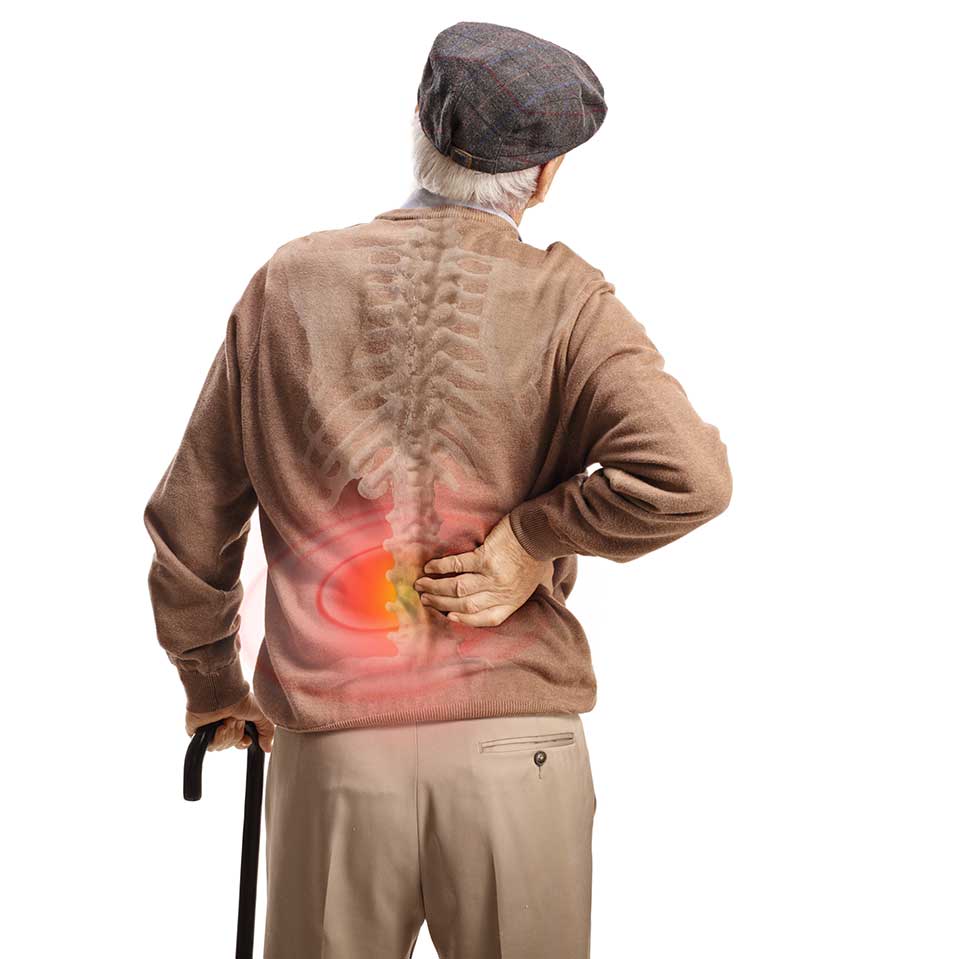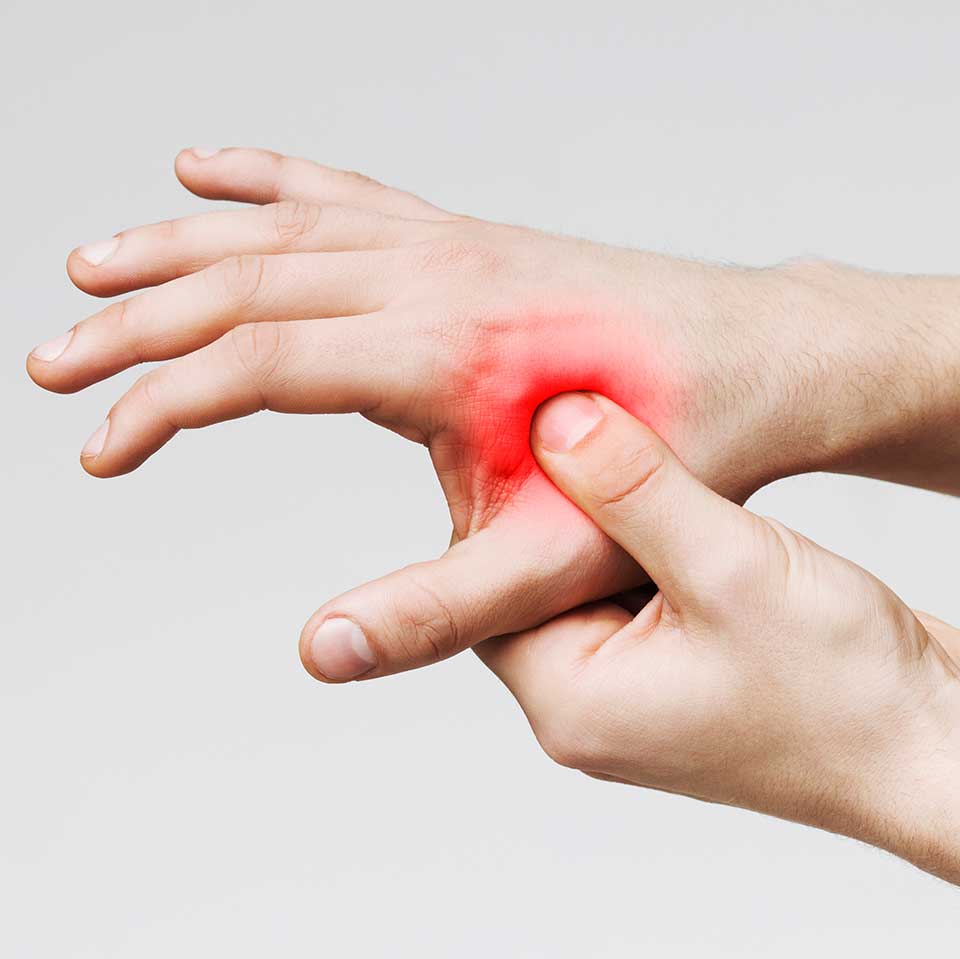- Monday - Friday 08:00 AM -05:00 PM
-
(727) 490-2727
- 13121 66th Street N. Largo, Fl 33773
Menu
-
Monday - Friday 08:00-19:00
Saturday and Sunday - CLOSED -
727-490-2727
Fax: 866-237-7330 -
6798 Crosswinds Drive N,
Suite E-102 St Petersburg, FL 33710








